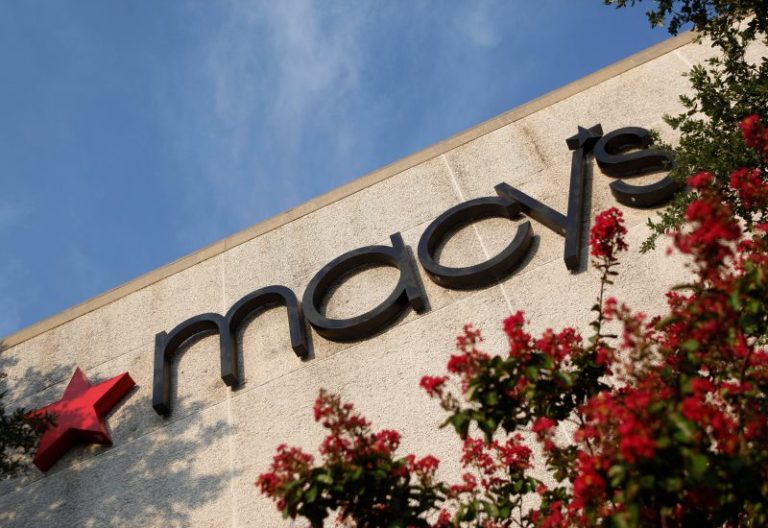A man was sexually assaulted in jail after being falsely accused of armed robbery due to a faulty facial recognition match, his attorneys said, in a case that further highlights the dangers of the technology’s expanding use by law enforcement.
Harvey Murphy Jr., 61, said he was beaten and raped by three men in a Texas jail bathroom in 2022 after being booked on charges he’d held up employees at gunpoint inside a Sunglass Hut in a Houston shopping center, according to a lawsuit he filed last week.
A representative of a nearby Macy’s told Houston police during the investigation that the company’s system, which scanned surveillance-camera footage for faces in an internal shoplifter database, found evidence that Murphy had robbed both stores, leading to his arrest.
But at the time of the robbery, his attorneys said, Murphy was in a Sacramento jail on unrelated charges, nearly 2,000 miles away. Hours after his sexual assault, prosecutors released him with all charges dropped, his attorneys said.
Murphy sued Macy’s, Sunglass Hut’s parent company, EssilorLuxottica, and three people his attorneys say were involved in the case. He is seeking $10 million in damages and says the assault left him with “lifelong injuries.”
“It is a day-to-day personal pain in your heart and your soul about what happened,” he said in an interview with The Washington Post. He said he remained “terrified by the idea that it could happen again at any time.”
Macy’s declined to comment on pending litigation. The company said in a previous statement that it uses “facial recognition in conjunction with other security methods in a small subset of Macy’s stores with high incidences of organized retail theft and repeat offenders.”
EssilorLuxottica did not respond to requests for comment Monday. A spokesman for the Houston police, who Murphy’s attorneys say investigated the case, referred a request for comment to the mayor’s office, which not immediately respond.
Retailers increasingly are using facial recognition software to patrol their stores for shoplifters and other unwanted customers. But the technology’s accuracy is highly dependent on technical factors — the cameras’ video quality, a store’s lighting, the size of its face database — and a mismatch can lead to dangerous results.
The Federal Trade Commission last month said the pharmacy chain Rite Aid had misused its facial recognition system in a way that led to shoppers being falsely accused of theft, including in confrontations with police. As part of an FTC settlement, Rite Aid pledged not to use the technology for five years.
Police departments have said generally that they use facial matches only as an investigative lead and that criminal charges should come only in cases where other evidence can be found. But Murphy’s lawsuit suggests that it played a critical role in steering officers to him in the first place, and that the confidence authorities placed in the automated results may have “primed” witnesses and investigators to believe Murphy was at fault without substantial evidence.
Murphy, who is White, joins six other people, all of whom are Black, who have reported being wrongfully accused of crimes due to faulty facial recognition matches. One, Robert Williams, sued the Detroit police after he was falsely charged with stealing watches from a Shinola store and held in custody for 30 hours. Another, Porcha Woodruff, said she was held for 11 hours while eight months pregnant. Those cases are ongoing.
On Jan. 22, 2022, after two men held up the Sunglass Hut, the head of loss prevention for EssilorLuxottica told Houston police that he’d worked with a counterpart at the Macy’s store to run video from the robbery through Macy’s facial recognition system. That system, the official said, indicated that Murphy had robbed both stores.
Houston police officers conducted a photo lineup with a sales associate who had been held at gunpoint, and she identified Murphy as the robber, the lawsuit states. A warrant was issued for his arrest.
In October 2022, after the Texas native had left California to return to Texas for work, Murphy was handcuffed at a Department of Motor Vehicles examining station when he went to renew his driver’s license, he told The Post. He was in jail for about 10 days when the assault happened, he said, and he was released a few hours later.
Murphy said he was not told facial recognition was involved in his jailing and only learned after his court-appointed attorney discovered it in police reports.
Prosecutors in Harris County, where Houston is located, ultimately dropped charges after learning of Murphy’s Sacramento alibi, said one of his attorneys, Daniel Dutko. He said it’s still unclear what facial recognition software was used to identify Murphy.
“It scares me to think we’re heading in a direction where one of my kids can be incarcerated for doing nothing wrong, based on this technology,” Dutko said.

